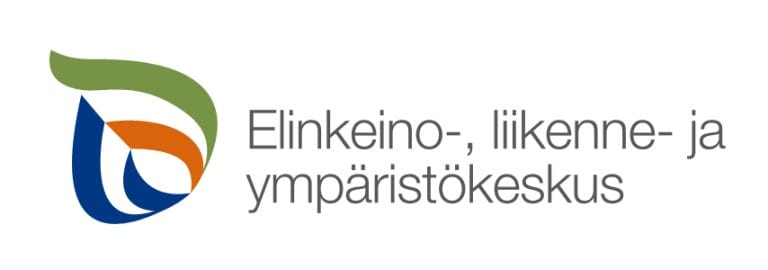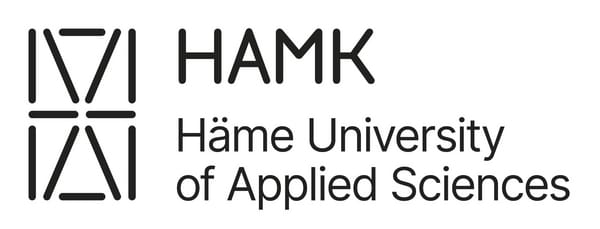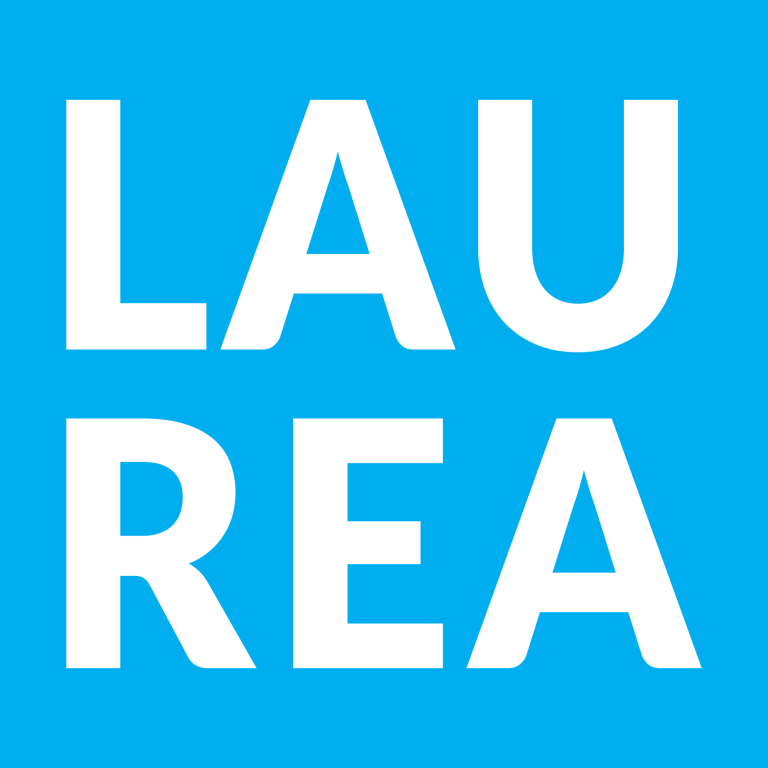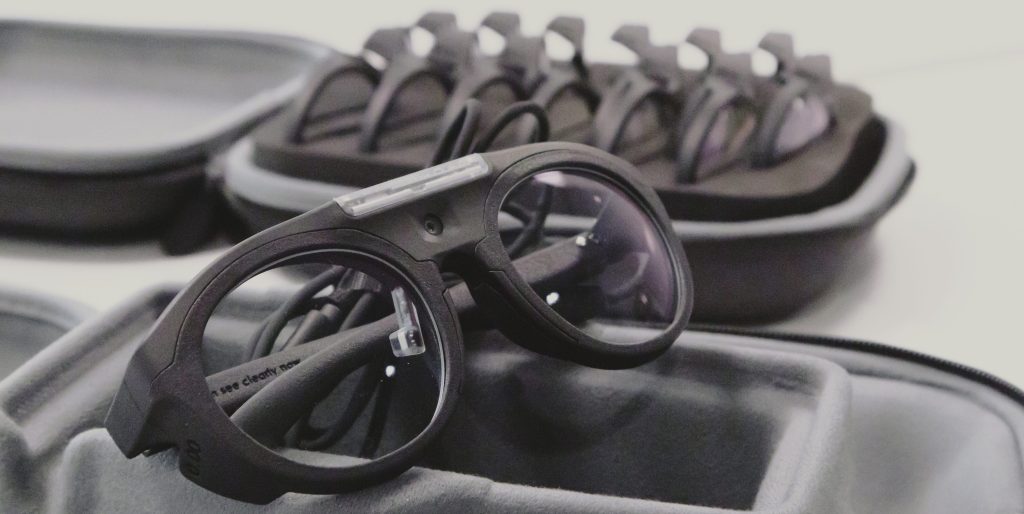


AMKmicro
Continuous learning and micro-credentials for working life development
AMKmicro strengthens the ability of Universities of Applied Sciences to develop and offer micro-credentials for continuous learning that meet the changing needs of the working life.
GOALS
- Strengthen the capabilities of higher education institutions in the design of continuous learning and the identification of learning content in collaboration with the working life, considering its needs.
- Create unified operational models for higher education institutions for the planning, quality assurance, implementation, evaluation, and verification of the competencies produced by education, especially for small skill sets, taking into account the national framework.
- Define the general quality factors related to micro-credentials that are valid in both national and European contexts.
- Increase the awareness and appreciation of continuous learning and micro-credentials in higher education institutions and working life.
Work packages
WP1 Strengthening capability, led by Laurea
WP2 Workplace collaboration models for continuous learning, led by Metropolia
WP3 Quality factors, led by Haaga-Helia
WP4 Awareness and communication, led by HAMK
WP5 Coordination, led by XAMK
.
.
AMKmicro
The implementers responsible for the AMKmicro project constitute the 5AMK network.
The 5AMK network has been collaborating since 2017. The network’s activities are based on long-term cooperation and understanding in the field of continuous learning. Over the years, the network has implemented many shared projects.
JOPPI – Jatkuvan oppimisen Suomi ESR + -koordinaatiohanke on jatkuvan oppimisen asiantuntija ja sillanrakentaja. Koordinaatiohanke vahvistaa yhteistyötä opetus- ja kulttuuriministeriön valtakunnallisen jatkuvan oppimisen teeman alla.
Luomme jatkuvan oppimisen toimijoille mahdollisuuksia jakaa parhaita käytäntöjä ja uusia toimintamalleja. JOPPI tukee valtakunnallisen jatkuvan oppimisen teeman hankkeiden kehittämistyötä ja välittää oivalluksia, ratkaisuja ja toimintamalleja laajaan käyttöön.
AMKmicro on osa JOPPI-hankkeita.
—————————————————————————————————————————————————————————-
The national ESR + coordination project JOPPI (continuous learning) is an expert and bridge builder in continuous learning.
The coordination project strengthens cooperation under the Ministry of Education and Culture’s national theme of continuous learning. We create opportunities for continuous learning actors to share best practices and new operating models. JOPPI supports the development of projects under the national theme of continuous learning and disseminates insights, solutions and operating models for widespread use.
AMKmicro is part of the JOPPI projects.
https://www.oph.fi/fi/hankkeet/joppi-jatkuvan-oppimisen-suomi-esr-koordinaatiohanke
Projektin kuvaus
POIJU-hanke lisää Jyväskylän ja Tampereen yliopiston sekä Jyväskylän ja Tampereen ammattikorkeakoulun henkilöstön kyvykkyyttä pieniin osaamiskokonaisuuksiin liittyvien koulutusten suunnittelussa, pedagogisessa toteuttamisessa ja hallinto-osaamisessa. Kyvykkyyttä lisätään luomalla pieniin osaamiskokonaisuuksiin mallinnuksia painottaen asiakaslähtöisyyttä ja olemassa olevaa työelämän tarvetta sote- ja turvallisuusaloilla.
Hankkeessa luotavassa pedagogisessa mallinnuksessa lisätään koulutustoimijoiden kyvykkyyttä luoda joustavia jatkuvan oppimisen muotoja työikäiselle väestölle. Erityisesti huomio kiinnitetään korkeakoulujen henkilöstön digipedagogiseen osaamiseen.
Hankkeen avulla muotoillaan uudenlaisia työelämää paremmin palvelevia opetusmenetelmiä ja -käytäntöjä, jotka mahdollistavat tehokkaamman ja joustavamman oppimisen pienissä osaamiskokonaisuuksissa. Hankkeessa kehitetään opetushenkilöstölle digitaalinen työkalupakki, ja valmennusmalli, joka tukee työkalupakin käyttöönottoa ja auttaa henkilöstöä soveltamaan oppimaansa käytännössä. Hankkeessa toteutettava hallintohenkilöstön kyvykkyyden kehittämistyö pohjaa OKM:n korkeakoulujen pieniä osaamiskokonaisuuksia koskevaan viitekehysluonnokseen. Tavoitteena on luoda yhteisiä käsitteitä ja hallinnollisia toimintakäytänteitä.
—————————————————————————————————————————————————————–
Project description
The POIJU project increases the capacity of the personnel of the Universities of Jyväskylä and Tampere, as well as Jyväskylä and Tampere University of Applied Sciences, in the planning, pedagogical implementation and administrative competence of training related to small competence units. The capacity is increased by creating models for small competence units, emphasizing customer orientation and existing working life needs in the social and health care and security sectors.
The pedagogical modeling created in the project increases the capacity of educational actors to create flexible forms of continuous learning for the working-age population. Particular attention is paid to the digital pedagogical competence of higher education personnel.
The project will help to shape new types of teaching methods and practices that better serve working life, enabling more efficient and flexible learning in small competence units. The project will develop a digital toolkit for teaching staff and a coaching model that will support the implementation of the toolkit and help staff apply what they have learned in practice. The project will develop the capacity of administrative staff based on the draft framework for small competence units in higher education institutions of the Ministry of Education and Culture. The aim is to create common concepts and administrative practices.
Hankkeen tavoitteet ja toimenpiteet
- Valmentaa korkeakoulujen henkilöstöä pienten osaamiskokonaisuuksien tuottamiseen
- Mallintaa työelämävuoropuhelu pienten osaamiskokonaisuuksien tarvelähtöiseen toteuttamiseen (työpaketin vetäjinä Jamk ja Karelia)
- Mallintaa pienten osaamiskokonaisuuksien erilaiset tuottamisen vaihtoehdot huomioiden mm. TKI-hankkeiden tuottama sisältö, tutkintokoulutusten osat sekä non-formaali ja informaali koulutustarjonta (työpaketin vetäjinä Centria ja Savonia)
- Mallintaa pienten osaamiskokonaisuuksien laadunhallinta ja opintohallinto huomioiden pienten osaamiskokonaisuuksien kansallinen viitekehys ja opin.fi-alusta (työpaketin vetäjinä SeAMK ja VAMK)
- Vertailla ja hakea kokemuksia pienten osaamiskokonaisuuksien toteuttamisesta muissa EU-maissa (työpaketin vetäjinä Lapin AMK ja KAMK)
Project objectives and measures
Train higher education personnel in the production of small competence units
Model the working life dialogue for the needs-based implementation of small competence units (work package leaders: Jamk and Karelia)
Model the different production options for small competence units, taking into account, for example, the content produced by RDI projects, parts of degree training courses, and non-formal and informal educational offerings (work package leaders: Centria and Savonia)
Model the quality management and study administration of small competence units, taking into account the national reference framework for small competence units and the opin.fi platform (work package leaders: SeAMK and VAMK)
Compare and seek experiences in the implementation of small competence units in other EU countries (work package leaders: Lapland University of Applied Sciences and KAMK)
In the 2020s, expertise will be the most significant prerequisite for growth, and the availability of skilled labor will determine our position in international competition. Continuous maintenance, development, and updating of skills require new ways to acquire knowledge. Micro-credentials are a way to meet the training needs of the workforce, and many EU countries have recently adopted them. In the Finnish higher education sector, micro-credentials are a new concept, as the work to define the concept to meet national needs was completed in the spring of 2024.
The project is carried out as a group project by the University of Eastern Finland, the University of Lapland, the University of Oulu, Tampere University, the University of Turku, the University of Vaasa, and Åbo Akademi University. The project consists of five work packages (WP), with each university participating with different emphases and responsibilities. The themes of the work packages form a coherent whole.
WP 1: Coordination
WP 2: Customer-oriented continuous learning
WP 3: Continuous learning and micro credentials in universities
WP 4: A collaborative model for planning training offering
WP 5: Communication
During the project, work package 2 ”Customer-oriented continuous learning” examines customer-oriented operating models in continuous learning and micro-credentials and creates a common understanding of what micro-credentials are and how they are produced, offered, and implemented in a customer-oriented manner. Work package 3 ”Continuous learning and micro-credentials in universities” increases the capability of university staff to establish continuous learning and micro-credentials as part of university operations. Work package 4 ”Collaborative model for planning training offerings” builds a collaborative model for planning the offerings of micro-credentials through co-development. During the project, the university sector will form an understanding of the opportunities that micro-credentials bring to us. We will strengthen our cooperation and ensure the sufficiency of skills related to continuous learning and micro-credentials in our universities. We will create common operating models to ensure the provision of high-quality continuous learning services in the future as well.
The work packages of the project are designed so that WP2 brings understanding of the needs outside universities, especially those of the workforce, WP3’s main theme is university-level education and the ability of university actors to respond to the understanding gathered in WP2, and WP4 ensures that the added skills and capabilities can be utilized in the collaboration of educational actors so that the customer receives the best possible solution to develop their skills. WP1 focuses on ensuring that project cooperation runs as smoothly as possible, activities meet objectives, and collaboration is close with other stakeholders and actors. WP5 ensures that the results and outputs of the project are widely used in universities, and that university-level continuous learning and micro-credentials become more widely known to potential workforce customers, i.e., learners. Built on the existing network, the project enables effective cooperation and information flow, as well as diverse and comprehensive project activities.
Cooperation
- University of Lapland
- University of Oulu
- University of Tampere
- University of Turku
- University of Vaasa
- Åbo Akademi University
University network at the forefront of continuous learning – UEFConnect
Contact information
Facts
AMKmicro – Continuous learning and micro-credentials for workforce development
Info
Budget
Keywords
Project partners









